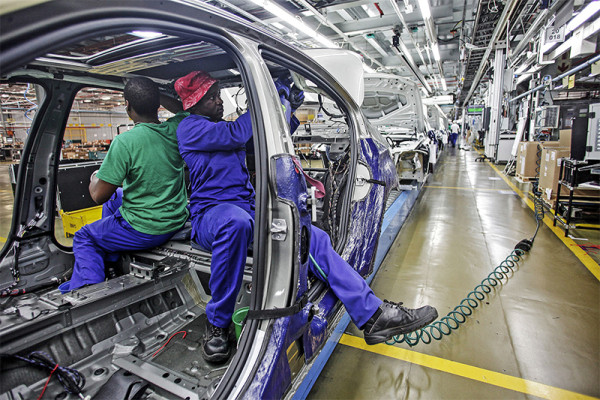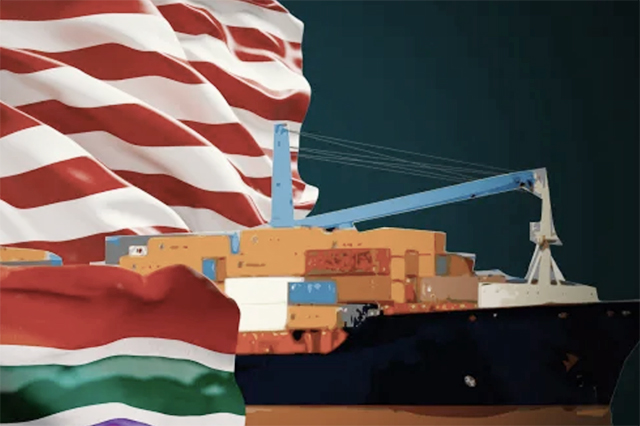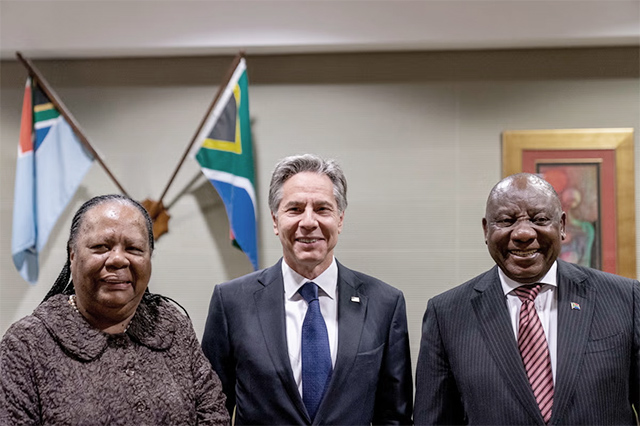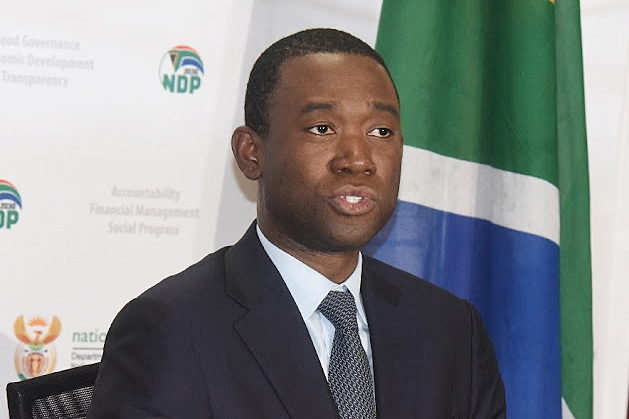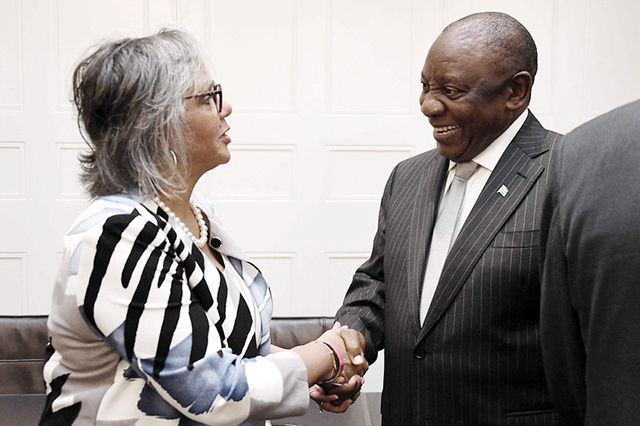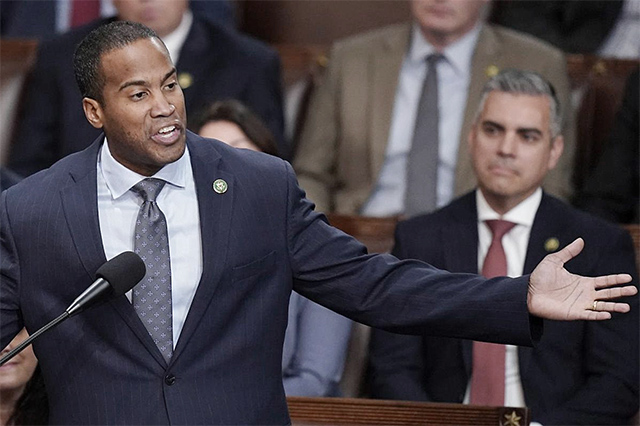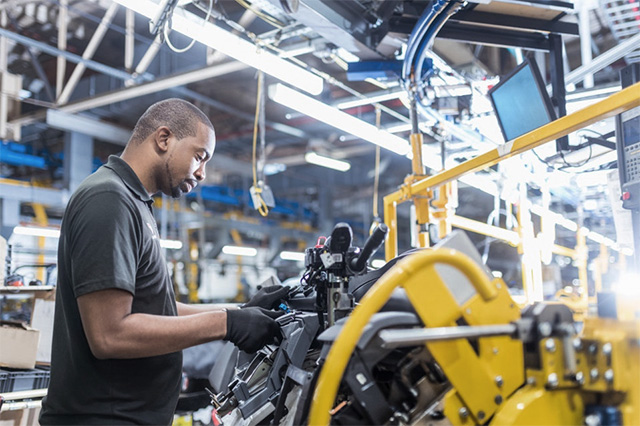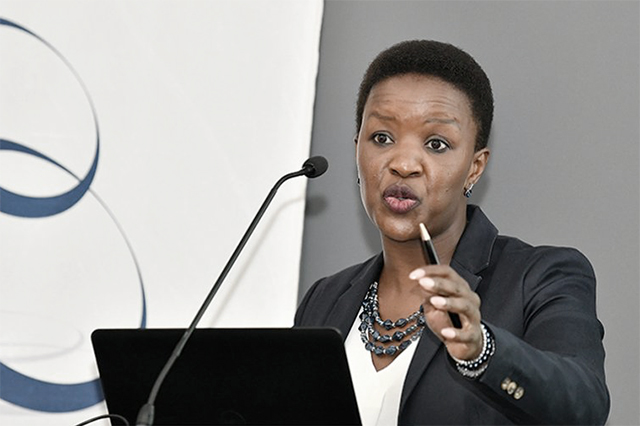South Africa: 'Losing AGOA status would be disastrous for automotive sector'
The geopolitical fallout from Russia’s invasion of Ukraine is disrupting long-established relations and making the international economic and political landscape difficult to navigate.
Such disruption could threaten the ability of SA manufacturers to compete globally.
In particular, the possibility of exclusion from the US’s legislated Africa Growth & Opportunity Act (Agoa), or even economic sanctions, is causing consternation in many industries. Agoa has been of significant value to SA. The automotive industry has benefited greatly from preferential access to the giant US market, exporting vehicles and components worth more than R24bn to the US in 2022 alone. Thanks in part to Agoa, the US remains one of the few major economies with which SA maintains a trade surplus.
Agoa has been one of the foundational blocks of SA’s automotive industry in the post-democratic era, with the sector regarded as a beacon of industrial hope in the country’s otherwise stagnant economy. Thanks to its strong multiplier effect, manufacturing has an outsized effect on employment and economic activity. That is why anything that could potentially lead to a decline in SA’s manufacturing activity is a cause for concern.
The wider SA automotive sector is responsible for more than 300,000 jobs in the formal sector. According to the Automotive Industry Export Council the sector contributed 4.9% of the country’s GDP in 2022 and accounted for 21.7% of SA’s manufacturing output and 12.4% of its export basket.
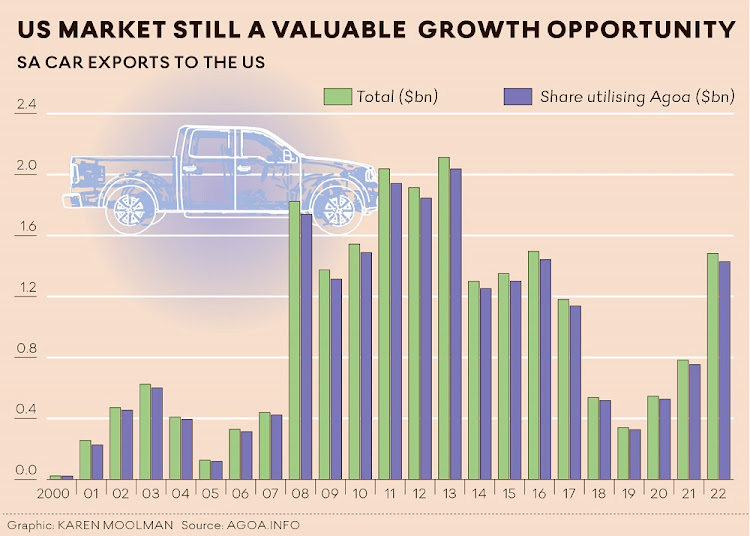
The success of SA’s automotive manufacturing has been built on the back of a long-term and productive partnership between government and the private sector. All administrations since 1994 have implemented a range of industrial and trade policies to grow automotive manufacturing in SA.
The SA Automotive Master Plan to 2035 (Saam35) recognises the sector’s importance and its role in efforts to re-industrialise the country and transform the industrial sector. However, this industrialisation strategy needs a complementary and stable set of trade policies. Losing Agoa would compromise the sector’s ability to achieve the objectives of Saam35.
Employment at risk
Component manufacturers are a particularly important cog in the automotive value chain because they employ so many people. Vehicle manufacturing plants run by original equipment manufacturers (OEMs) tend to be more automated, and this is expected to intensify as technology and modular production play an even greater role in the manufacture of electric vehicles (EVs). On average, the ratio of jobs created in the component sector per unit of turnover is higher than it is in OEMs.
The US has grown to be the SA automotive industry’s second largest export destination, and this market still represents a significant growth opportunity because of its size. While our products are world class, it’s noteworthy that Agoa gives the country an edge in the highly competitive global automotive market.
Not the least of these opportunities is the burgeoning market for EVs. Some SA-based manufacturers have already started supplying components to EV plants in the US. The department of trade, industry & competition is now working on an industrial policy response to help local manufacturers position themselves to produce more vehicles and components for the growing EV segment. It would be a pity to jeopardise this in a market that has already been established.
Losing preferential market access through Agoa into the large US market would also have a number of indirect effects. One is that it would likely reduce the business case for US OEMs and tier-one suppliers to invest in existing SA plants, or to open new ones. By the same token, the reputational credibility that comes from being a trusted supplier to US firms carries weight in other markets, such as the EU. The loss of the US market would necessarily mean that economies of scale would be reduced, potentially affecting the sector’s ability to compete in the EU and other markets.
As previous commentators have pointed out, SA’s largest trade partners include the US and the EU. Maintaining these markets is important in a sector that thrives on long-term certainty. A typical OEM-linked production opportunity tends to last for anything between seven and 10 years, and SA’s inclusion in, and a long-term extension of, Agoa would be ideal scenarios to stimulate further investment in the sector.
Negative effect on both countries is likely to be significant
All this points to a potentially significant negative effect on the domestic automotive sector, especially component manufacturers. There could be job losses, and it will be no surprise if some component manufacturers close their doors. US-headquartered multinational manufacturers with plants here may exit the country if there are volume losses linked to our exclusion from Agoa or other forms of political pressure are brought to bear. SA hosts several US firms in automotive manufacturing at both vehicle and component level.
All of this comes at a time when the sector is already seeing domestic component plants shut down for a variety of reasons. Excess global production capacity is one factor, as is the compromised case for SA production owing to a number of economic headwinds, including an unstable and increasingly expensive energy supply.
It’s worth mentioning that Agoa exclusion or other sanctions are not a potential problem only for SA — the US would also be negatively affected by the loss of a reputable and reliable supply chain built over years. Intermediate and final goods would need to be replaced, and income derived from SA operations is also important to the American economy. Some jobs in the local American automotive production and retail sectors could be affected, and higher import duties would affect the price of vehicles and aftermarket components for US consumers.
Ultimately, though, SA will struggle to replace a market like the US, while over time other global automotive producers will fill the gap SA would leave. There are compelling reasons for this country to take the threat of losing its preferential access to the US market seriously. SA can ill afford to risk the health of its automotive sector, a vital engine of job creation and economic growth. A co-ordinated and strategic state-led response to maintain this market will be to the sector’s benefit.
Moothilal is CEO of the National Association of Automotive Component & Allied Manufacturers.


